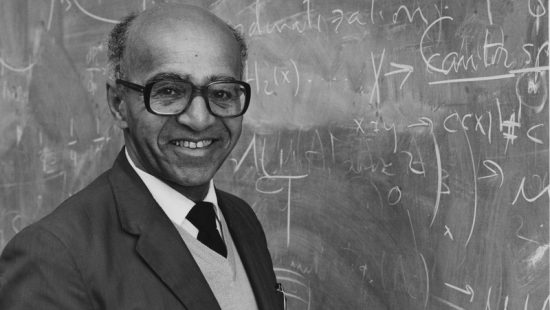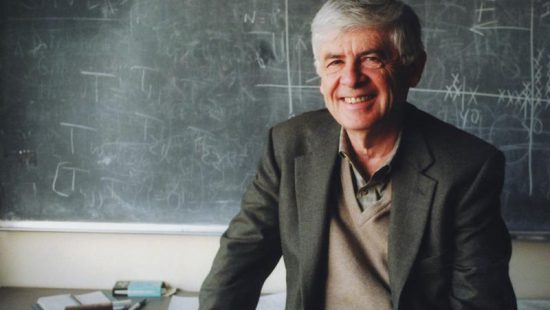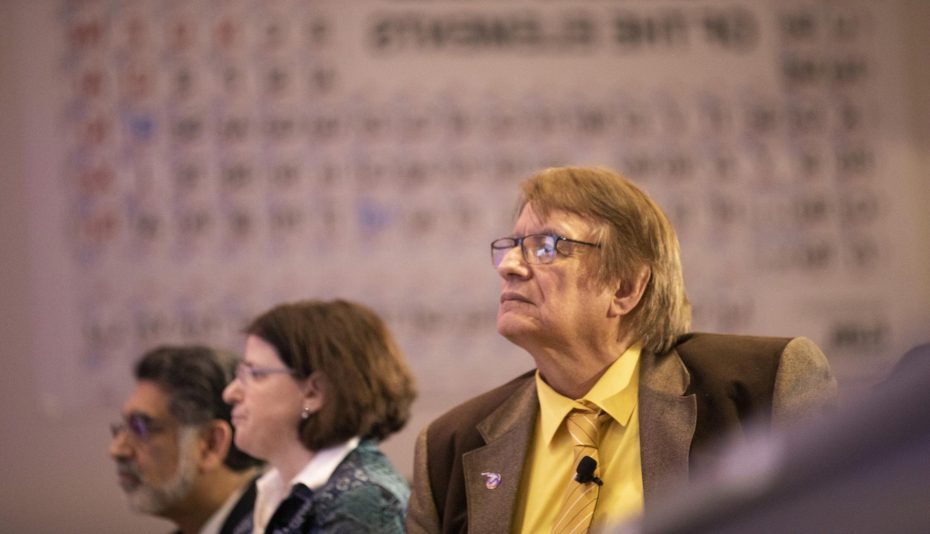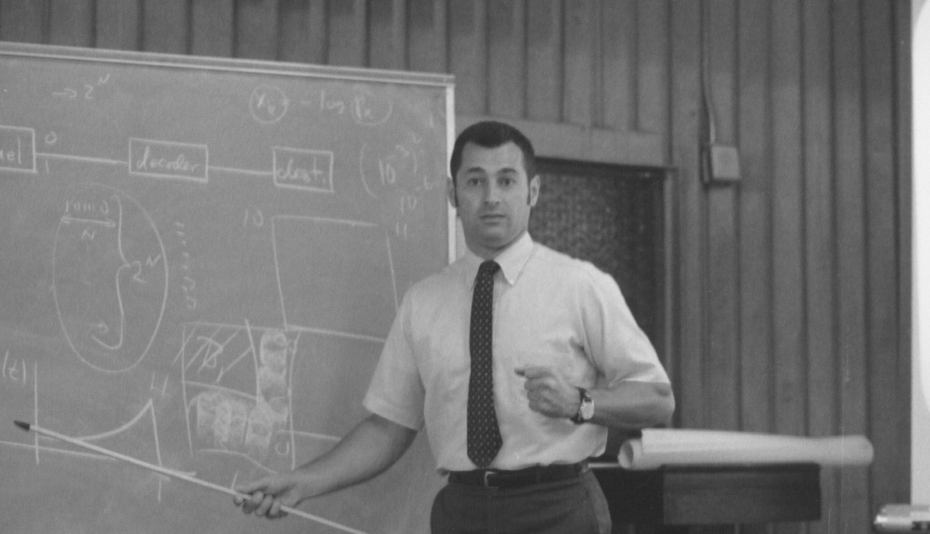In the early 1930s, Richard Brauer – a promising young mathematician at the University of Königsberg – was working toward a professorship at a major institution.
After meeting his wife, Ilse, in a number theory class, Brauer settled down, publishing significant research with his team on theory of representations of groups and the structures of algebras.
“The intellectual atmosphere of German Universities of that period is remembered with nostalgia by all who knew it,” Brauer recalled.
Then, disaster struck.
When Adolf Hitler became chancellor of Germany in 1933, Brauer – along with other Jewish academics – found himself without a job.
That year, he accepted a visiting professorship at the University of Kentucky, funded through money raised by Lexington’s Jewish community.
Brauer thrived in America, developing several theorems that bear his name, creating the theory of modular representation and molding future mathematicians in his final years of teaching at Harvard University.






